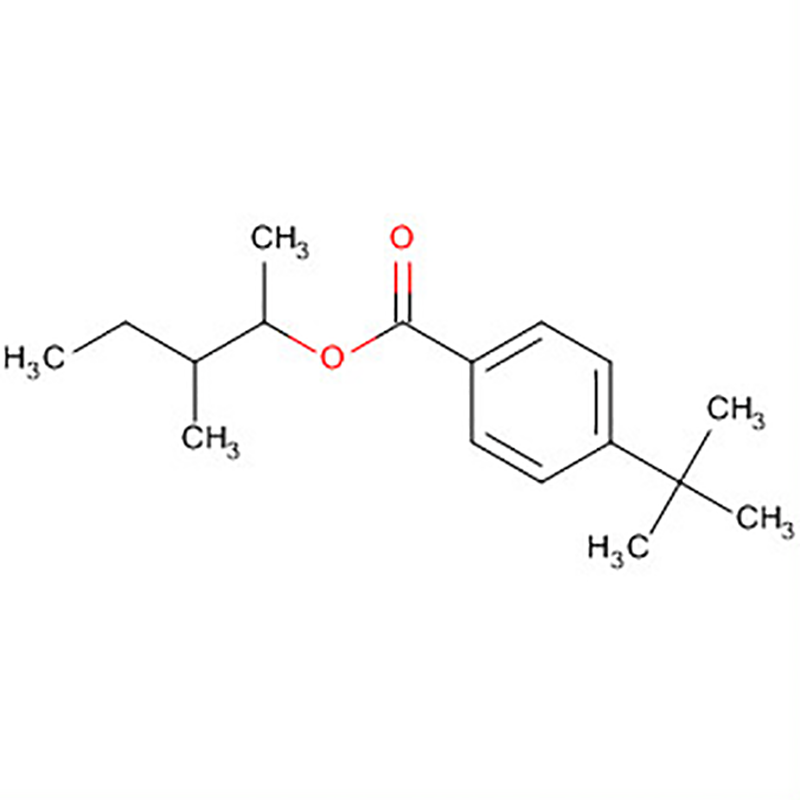-
Categories
-
Pharmaceutical Intermediates
-
Active Pharmaceutical Ingredients
-
Food Additives
- Industrial Coatings
- Agrochemicals
- Dyes and Pigments
- Surfactant
- Flavors and Fragrances
- Chemical Reagents
- Catalyst and Auxiliary
- Natural Products
- Inorganic Chemistry
-
Organic Chemistry
-
Biochemical Engineering
- Analytical Chemistry
-
Cosmetic Ingredient
- Water Treatment Chemical
-
Pharmaceutical Intermediates
Promotion
ECHEMI Mall
Wholesale
Weekly Price
Exhibition
News
-
Trade Service
The Safety of 3-Aminopyrazine-2-Carbonitrile in the Chemical Industry: A Comprehensive Overview
3-Aminopyrazine-2-carbonitrile, also known as APIC, is a nitrile used as a building block for the production of various pharmaceuticals, pesticides, and other chemicals.
It is known for its unique properties, including its ability to act as a stabilizer, initiator, and catalyst in various chemical reactions.
Despite its utility, the use of APIC has raised concerns regarding its safety in the workplace.
The potential hazards associated with APIC include respiratory irritation, skin irritation, and the potential to cause cancer.
It is important for workers in the chemical industry to understand these hazards and take necessary precautions to ensure their safety.
Respiratory Irritation:
Respiratory irritation is a common health concern associated with the use of APIC.
The nitrile can cause coughing, chest tightness, and difficulty breathing in workers who are exposed to it.
This can be particularly problematic for workers who are not wearing proper protective equipment, such as respirators.
To minimize the risk of respiratory irritation, workers must be properly trained on the use and handling of APIC and must wear appropriate protective equipment.
Skin Irritation:
APIC can also cause skin irritation, including itching, redness, and blistering.
This can occur if the nitrile comes into contact with the skin or if it is inhaled.
Workers who handle APIC should take care to wash their hands regularly and wear protective gloves.
Cancer:
One of the most concerning health risks associated with APIC is its potential to cause cancer.
Some studies have suggested that the nitrile may be carcinogenic to humans, although more research is needed to fully understand the risks.
It is important for workers in the chemical industry to be aware of these potential risks and take necessary precautions to minimize their exposure to APIC.
In conclusion, 3-amino-pyrazine-2-carbonitrile (APIC) is a chemical compound that is commonly used in the pharmaceutical and agricultural industries as a building block for various chemicals.
However, its use has raised concerns regarding its safety, particularly in regards to its respiratory and skin irritation and its potential to cause cancer.
Workers in the chemical industry must be properly trained and equipped with the necessary protective equipment to minimize their risk of exposure.
Further research is also necessary to fully understand the potential health risks associated with APIC.







